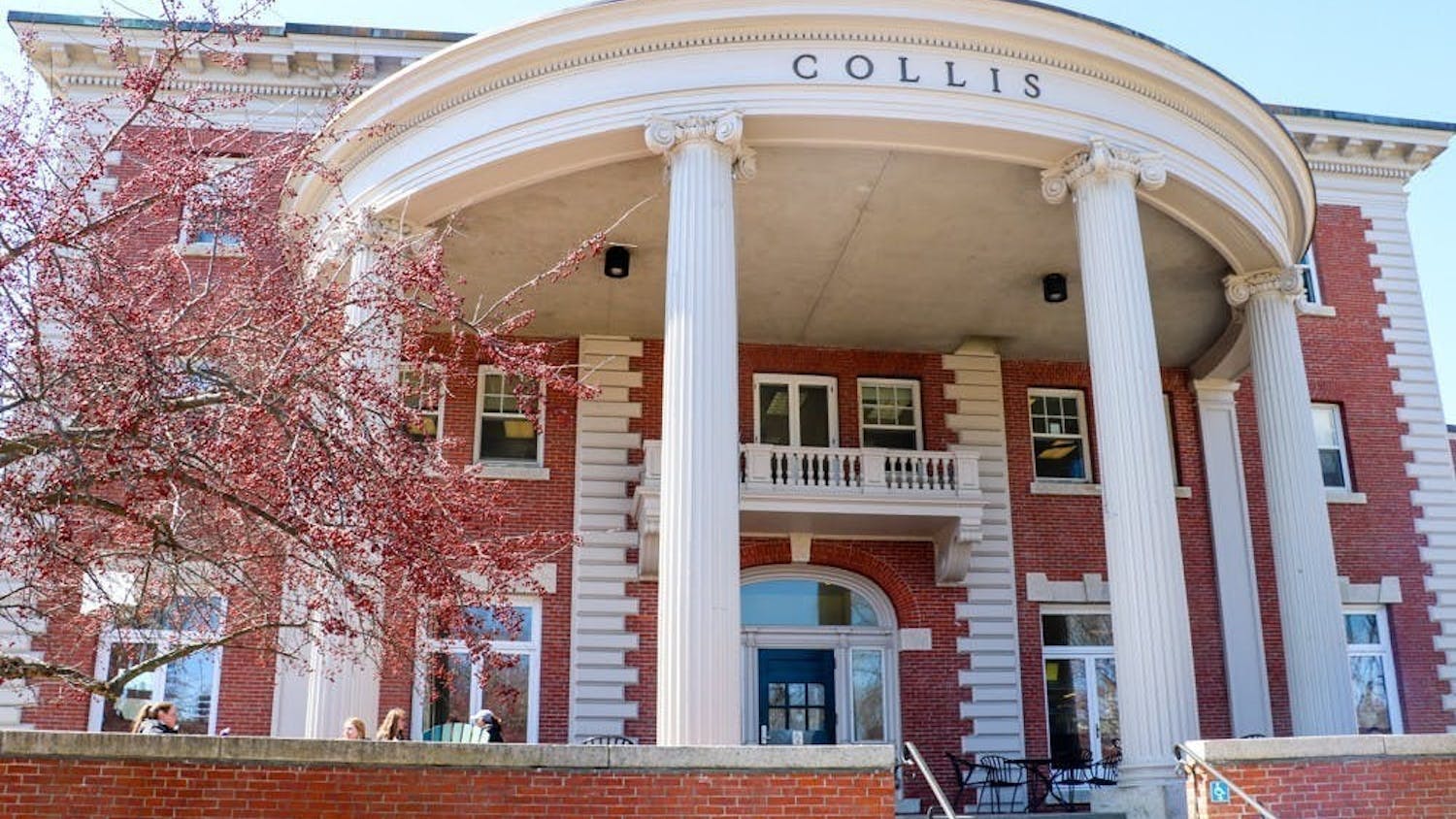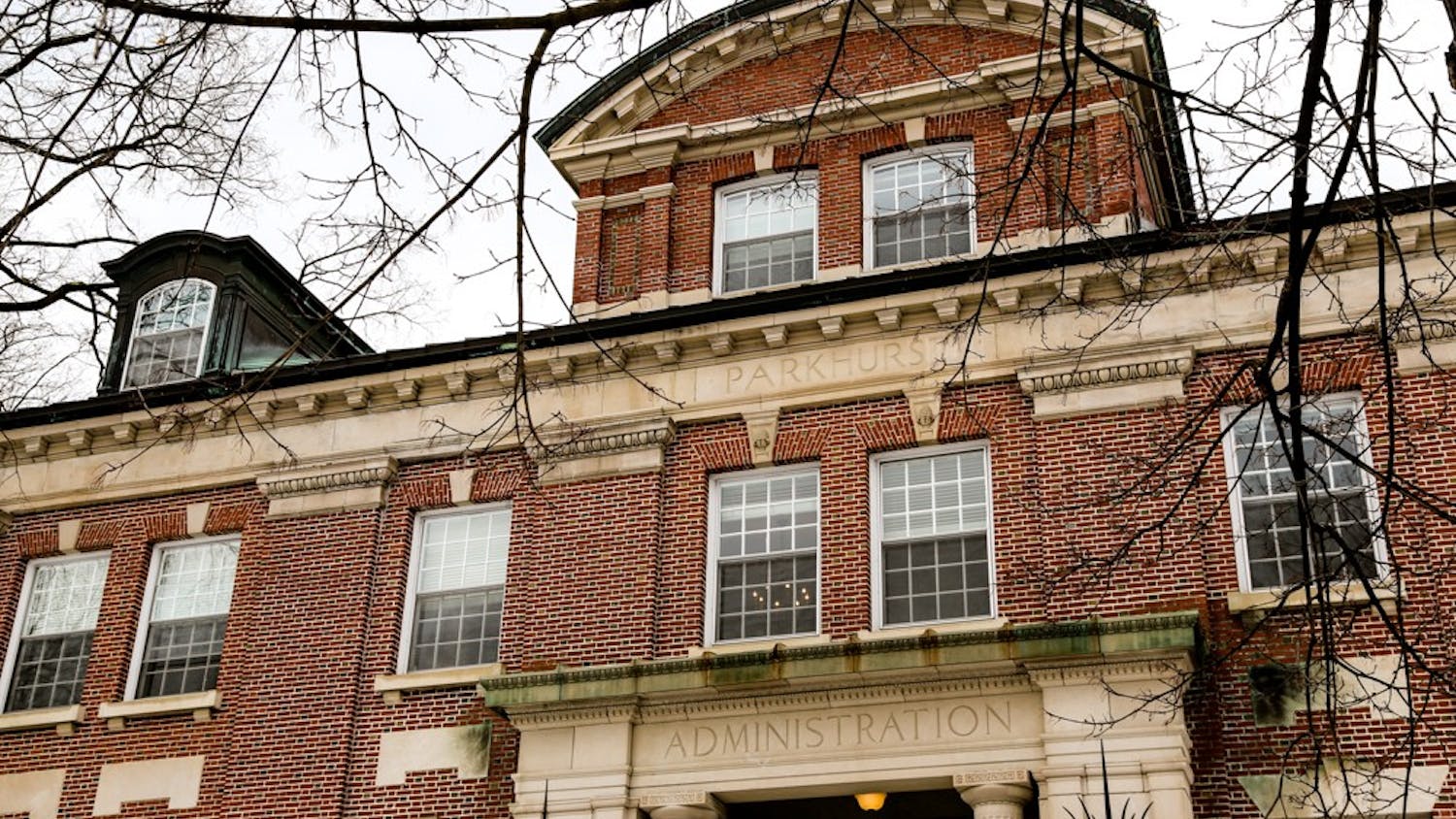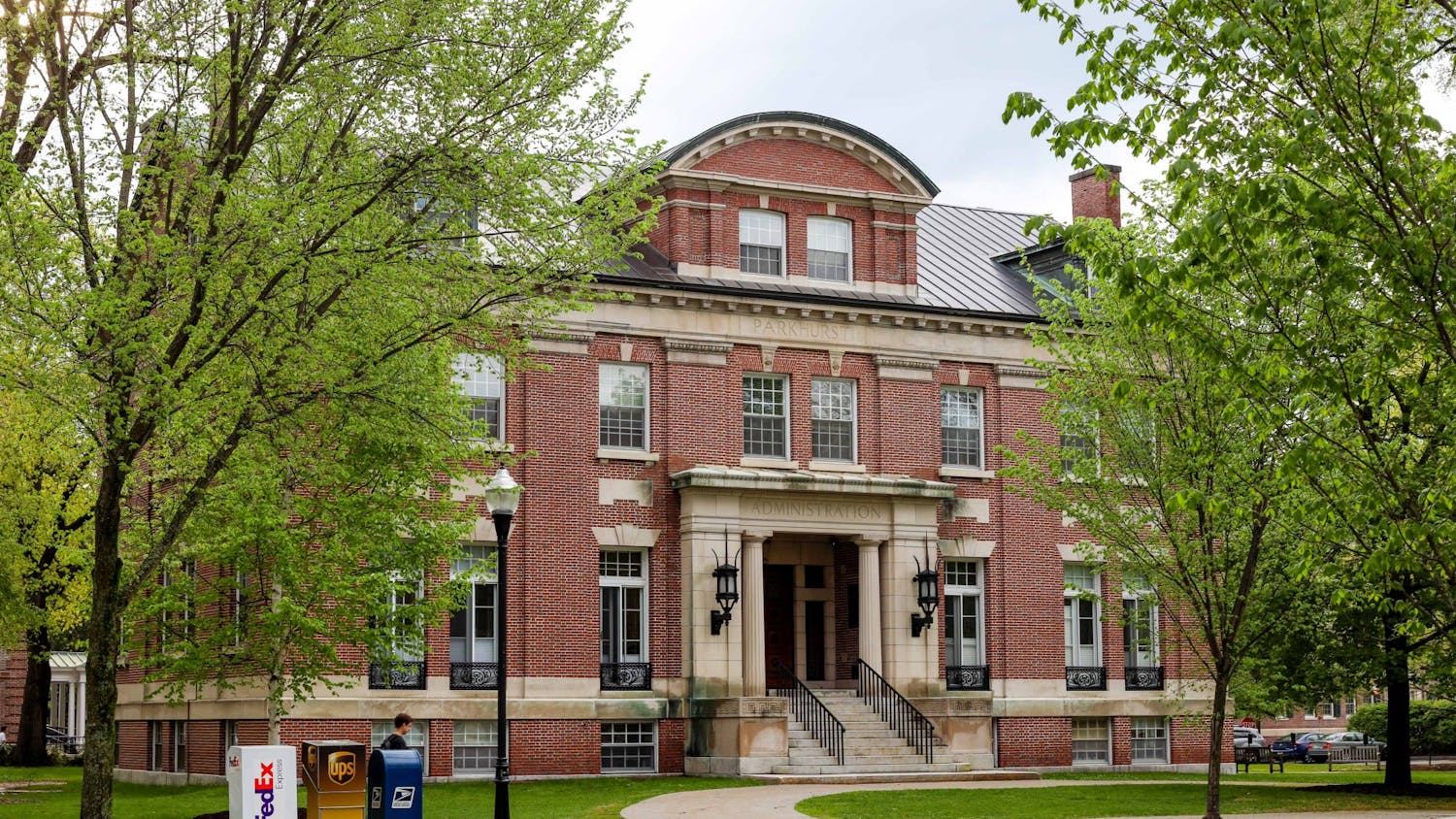Over the past few months, many students have felt disconnected from the Dartmouth administration. Many of us believe that, despite their sincerest intentions, the administration cannot possibly understand how profoundly the COVID-19 pandemic has affected its students. While, of course, the administration has been forced to make difficult decisions as a result of the pandemic, student perspectives have been largely absent during these decision-making processes.
As a member of the Student Assembly, I have had the unique opportunity to hear my classmates’ concerns about major decisions from the College, and in turn, my fellow senators and I have scheduled countless meetings with administrators to discuss how we can address these concerns. Unfortunately, however, these meetings are often unproductive, since the College has already implemented a decision by the time we become aware of it. Without a representative on the Board of Trustees, Student Assembly is left out of the loop until a decision has already been proposed, approved by the Board, and implemented. Having a permanent seat on the Board of Trustees would grant the Student Assembly the leverage to participate in decisions, rather than just react to them. On the Board, we could finally vote for the change that our students desire, if not need.
There are many institutional problems at the College that need to be resolved sooner rather than later. A particularly urgent example is the current state of mental health across campus. In the wake of four student deaths this academic year alone and concerns of a growing demand for mental health resources on campus, the College must do better to ensure that our students feel confident that they will receive support whenever and wherever they seek it. Last week, College President Phil Hanlon promised to take significant steps in order to finally address this issue, but without the students’ perspective to inform long-term Board decisions, the reforms he outlined are liable to the same shortcomings that plagued previous efforts. Due to their lack of lived-experience, the current trustees — many of whom have been out of college for decades — simply cannot understand how difficult this past year has been on students’ mental health. It is highly unlikely that any members of The Board have had to grieve the loss of four of their friends and classmates and support their peers as they grieve, all the while being forced to keep up with the Ivy League rigor of Dartmouth. Simply put, the Board cannot conceptualize the trauma faced by students this past year and the extent to which students have struggled and are currently struggling. As the tragic events of the past year have proven, Dartmouth needs to invest its money into health services, not buildings and institutions. While such improvements as those being made to the Thayer School of Engineering or Dartmouth Hall are important in terms of long-term development, there are more pressing obstacles we face at the moment that, if left unresolved, threaten the viability of our beloved college. Needless to say, the trustees are a group of well-respected professionals who bring their valued perspectives to the College’s decisions, but they would benefit from having a student’s perspective and lived experience at the table to inform their decisions. After all, we are also stakeholders at Dartmouth and deserve a say in the direction our school is headed.
Recently, the College agreed to form the Student Liaison Committee to the Board. Composed of graduate, Geisel, Tuck, and undergraduate representatives, this committee was designed to provide guidance to the Board during two biannual meetings — one in the fall to outline proposals and one in the spring to evaluate progress. The president and vice president of the Student Assembly sit on this committee ex -officio. While the formation of this committee is a welcome development, it falls short in a number of ways. First, the Committee is not chartered by the Board — that is to say, it is not permanent at this point in time. Technically, the College reserves the right to dissolve it on a moment’s whim. Second, the Committee members are not considered to be part of the Board, which means that they lack the right to vote. Despite having been elected to represent their peers, the members of the committee remain disenfranchised.
Enfranchisement is not an unreasonable request. There is precedent for full representation at other colleges across the United States. In the Ivy League, for instance, Cornell University has been an exemplar of hearing student concerns at the board-level. The university’s students have been electing one of their classmates to represent them as a voting member for two-year terms, and this has led to greater communication between students and the university. Learning from Cornell’s example, Dartmouth would be wise to adopt a similar approach. Having an elected member representing us to the Board would help bridge the divide between students and the administration and go a long way in ensuring that students’ perspectives are accounted for in the decisions affecting the future of our campus.



